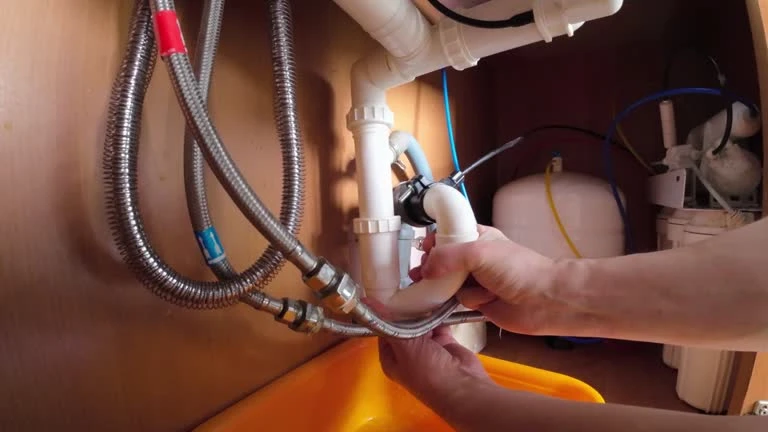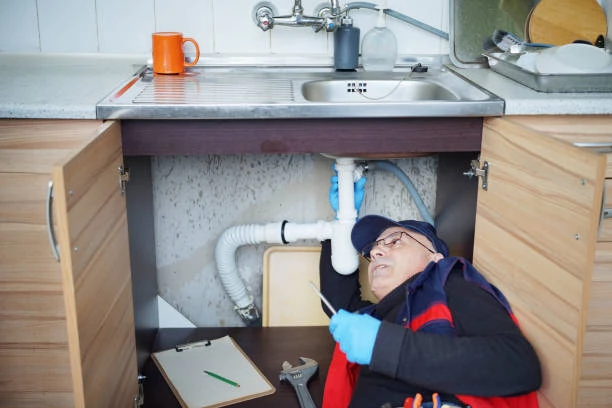Introduction to Ball Valves and Durability
Ball valves are widely used across industries for controlling fluid flow. Their ability to regulate the flow with precision makes them essential in many systems. However, durability is a key factor when selecting the right valve. Ball valves must withstand various operational conditions, including pressure, temperature, and exposure to harsh chemicals. A brass float ball valve is known for its durability and reliability. This valve type is often used in systems that require robust performance over long periods. This article explores the testing methods and factors that influence the durability of ball valves, with a special focus on the brass float ball valve.
Key Factors Affecting Ball Valve Durability
Several factors affect the durability of ball valves. These factors include the materials used in the valve construction, the operating environment, and the mechanical stresses placed on the valve. For instance, the brass float ball valve is made from brass, a material known for its resistance to corrosion, making it ideal for certain applications. The design of the valve is another important factor. A valve’s ability to handle high pressure, extreme temperatures, and chemical exposure directly impacts its longevity. Understanding these factors is crucial in assessing how well a ball valve can withstand long-term use in demanding conditions.
Material Considerations for Durability
The material of a ball valve plays a significant role in its durability. Materials such as stainless steel, brass, and carbon steel are commonly used in valve construction. Each material has its advantages and disadvantages depending on the application. Brass, for example, offers excellent corrosion resistance, making it a suitable choice for many industrial applications. A brass float ball valve is particularly effective in systems that deal with water, oils, or mild chemicals. The material’s ability to resist rust and corrosion contributes to the overall durability of the valve, ensuring that it continues to perform well even under challenging conditions.
Mechanical Testing of Ball Valves
To assess the durability of a ball valve, various mechanical tests are conducted. These tests include pressure testing, leak testing, and cycle testing. Pressure testing involves subjecting the valve to high-pressure conditions to ensure that it can withstand the maximum pressure without failure. Leak testing checks for any signs of leakage during operation, which could lead to system malfunctions. Cycle testing simulates the repeated opening and closing of the valve over an extended period. A brass float ball valve, when subjected to these tests, must show no signs of wear or damage, confirming its ability to perform reliably in long-term applications.
Thermal and Chemical Resistance Testing
In addition to mechanical testing, thermal and chemical resistance testing is essential to evaluate the durability of ball valves. Many ball valves, including the brass float ball valve, are exposed to extreme temperature fluctuations. These valves must maintain their integrity and function properly, even in high-temperature environments. Chemical resistance testing ensures that the valve can handle exposure to various chemicals without degrading or corroding. For example, a brass float ball valve used in industrial systems must withstand contact with oils, acids, or other chemicals commonly found in the system. Proper testing ensures that the valve maintains its durability under harsh conditions.
Environmental Factors Impacting Valve Durability
Environmental factors also significantly affect the durability of ball valves. Valves in outdoor or industrial settings are exposed to elements such as moisture, UV radiation, and extreme weather conditions. These environmental factors can cause wear and tear on the valve material over time. For example, a brass float ball valve used outdoors may experience corrosion if exposed to rain or salty air. To mitigate these effects, manufacturers use protective coatings or select materials with high corrosion resistance. Additionally, regular maintenance and inspection are essential to ensure that environmental factors do not compromise the valve’s performance.
Durability Testing for Specific Applications
Different applications require different durability standards for ball valves. For example, in water treatment plants, ball valves must withstand constant exposure to water and varying pressure levels. In oil and gas pipelines, valves must endure high pressures and exposure to chemicals and extreme temperatures. A brass float ball valve is often chosen for applications involving water or low-pressure systems. It is crucial to conduct specific durability tests for each application to ensure the valve can meet the required performance standards. These tests simulate real-world conditions, providing an accurate measure of the valve’s durability and performance over time.
Conclusion: Ensuring Longevity Through Durability Testing
The durability of ball valves is essential for maintaining the integrity and efficiency of industrial systems. Testing ensures that valves, including the brass float ball valve, can withstand various operational challenges and continue to perform reliably over time. Mechanical, thermal, chemical, and environmental testing all play a vital role in determining the longevity of ball valves. By selecting the right materials and conducting comprehensive testing, manufacturers can ensure that ball valves meet the demands of their intended applications. Regular testing and maintenance further help to extend the life of the valve and prevent costly repairs or replacements, making durability testing an essential aspect of any ball valve application.
IFAN Products international standards
IFAN products strictly adhere to a comprehensive range of international standards, encompassing ISO 15874, EN 15874, ASTM F2389, DIN 8077/8078, GB/T 18742, NBR 15884, ISO 15494, EN ISO 15494, GB/T 19472, NBR 15494, ASTM 2846 (501), DIN 8079/8080 (502), ASTM F441/F441M SCH80 (503), DIN (504), DIN (505), GB/T 18993, AS/NZS 1477, CSA B137.6, NSF/ANSI 14, TIS 17-2532/1131-2535, BS 3505, BS 4346 (801), ASTM D1785 SCH40 (802), ASTM D1785 SCH80 (803), DIN (804), GB (805), GB (806), GB(901), DWV(902), ASTM D2665 (903), along with ASTM D2241, D2665, D2729, and F441/F441M series, ISO 1452, EN ISO 1452, DIN 8061/8062, GB/T 10002, AS/NZS 1477, JIS K6741, CSA B137.3, and other national and industry norms.
Connect
IFAN is a Chinese manufacturer of plastic pipes, fittings and valves with 30 years of experience. If you are interest in IFAN copper fittings, copper valves, plastic pipes and fittings, please contact us. IFAN offers you a variety of standard pipes to meet your specific needs. Click below to learn more about IFAN’s wide range of affordable and cost-effective valve products and piping system related products.
We will reply your email or fax within 24 hours.
You can call us at any time if there is any question on our production.
For more information,pls visit our webside https://waterpipefitting.com/
Pls Mailto: [email protected]
Whatsapp: +86 15088288323














Recent Comments